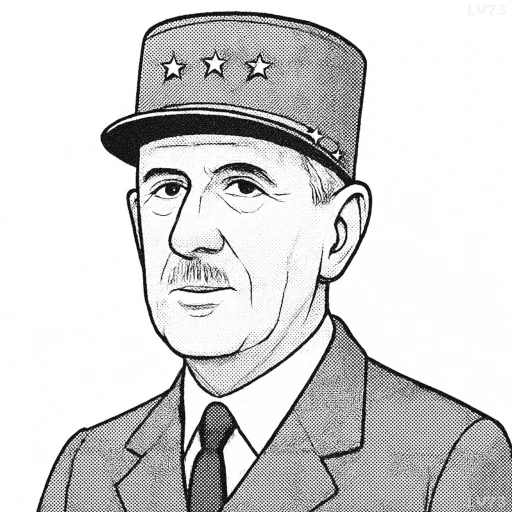“In politics it is necessary either to betray one’s country or the electorate. I prefer to betray the electorate.”

- November 22, 1890 – November 9, 1970
- French
- Military Leader, Statesman, President of France, Founder of the Fifth Republic
table of contents
Quote
“In politics it is necessary either to betray one’s country or the electorate. I prefer to betray the electorate.”
Explanation
In this provocatively candid quote, Charles de Gaulle confronts the moral tension between popular approval and national interest. He suggests that a statesman may be forced to choose between keeping promises to voters and making decisions that truly serve the country’s long-term welfare. By declaring a preference for “betraying the electorate,” de Gaulle signals his belief that a leader’s highest loyalty must be to the nation’s enduring good—even if it means breaking with public opinion or campaign commitments.
This philosophy is consistent with de Gaulle’s political actions. Throughout his career, he made controversial decisions that ran counter to public sentiment or political expediency, such as granting independence to Algeria or restructuring the French government in 1958. He often governed with an elevated sense of duty and historical perspective, believing that short-term popularity should not obstruct necessary, and sometimes painful, reforms.
Today, the quote remains a compelling and contentious reflection on leadership. It challenges the idea that democratic legitimacy comes solely from pleasing voters, proposing instead that true leadership may require the courage to act against the immediate will of the people for the greater national good. De Gaulle’s remark underscores a fundamental political dilemma: to lead well is not always to lead comfortably, and the burden of office may demand choices that risk public anger in order to serve a deeper, lasting truth.
Would you like to share your impressions or related stories about this quote in the comments section?

